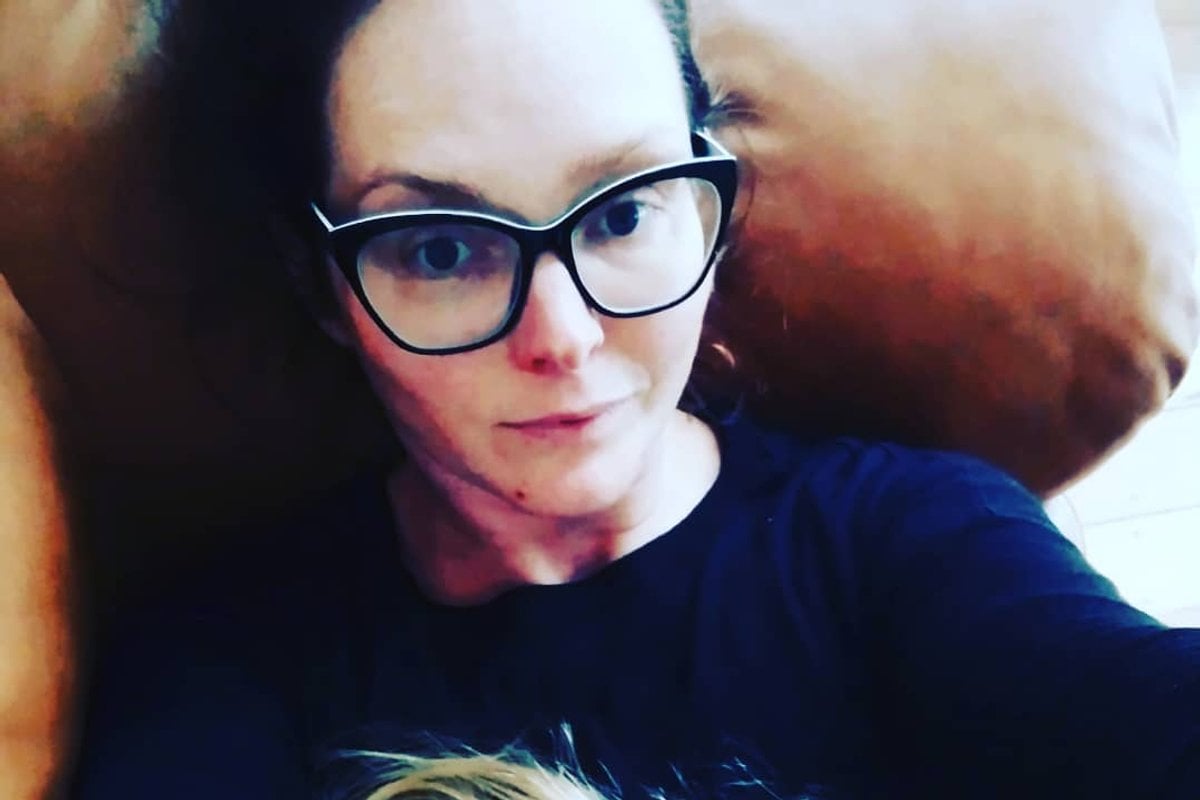
The establishment of a National Women's Health Advisory Council is a big deal for all Australian women.
Whilst medical misogyny is nothing new, the government has in 2022 committed to not only acknowledging it, but to fixing it. Formally the domain of patient and medical group advocates, this new push is coming from the top down. It has been commented on extensively in the media this week, with women’s health advocates from Jamila Rivzi to Gabrielle Jackson taking to Twitter and TV screens, with a lengthy segment being run on The Project discussing the topic.
This week the government has announced it's taking action on the silent medical issue that’s killing Australian women. @JamilaRizvi explains how medical misogyny means many women aren't receiving the healthcare they need.#TheProjectTV pic.twitter.com/6DRkJBW8fd
— The Project (@theprojecttv) December 11, 2022
The established council with Assistant Health Minister Ged Kearney as chair aims to ensure that the implementation and utility of the National Women's Health Strategy 2020-2030 is optimised, and that its full impact is realised.


Top Comments